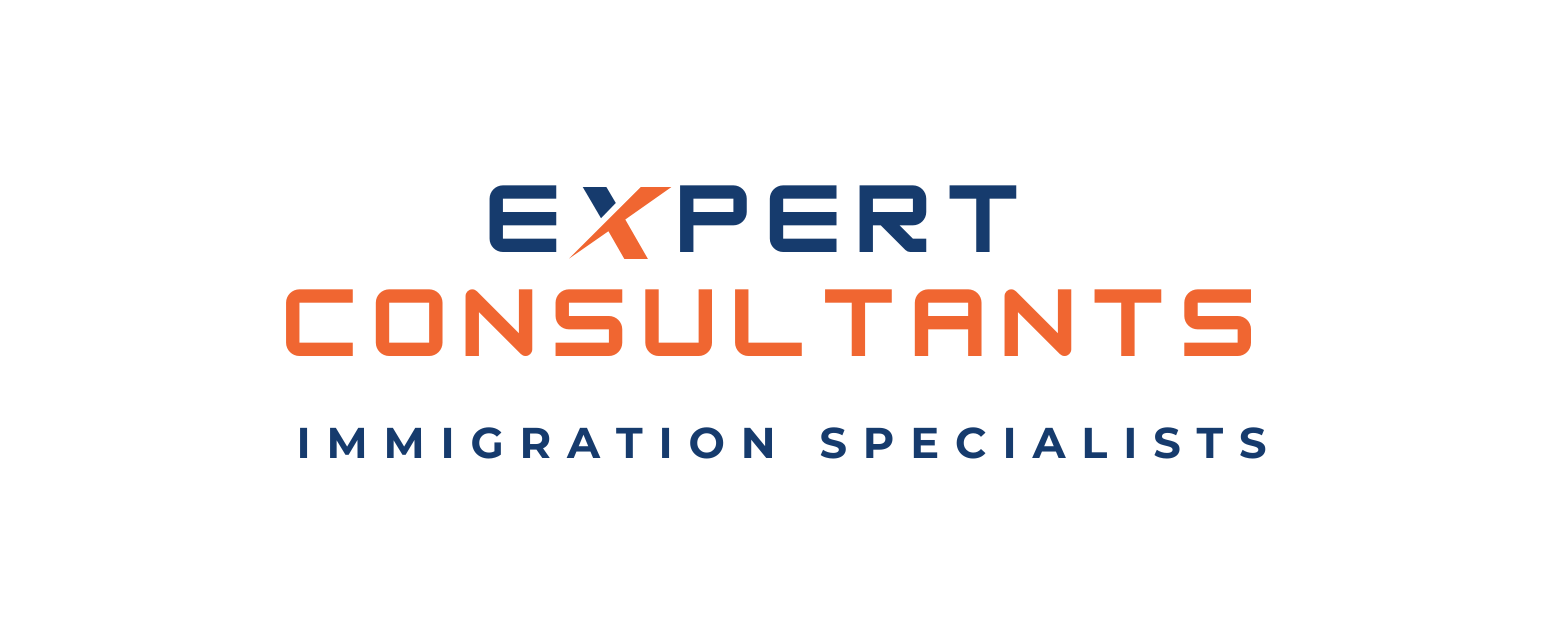Ireland’s Critical Skills Employment Permit (CSEP) is designed to attract highly skilled professionals from outside the European Economic Area (EEA) to meet specific labour shortages in key sectors. With streamlined processing, long-term benefits, and a clear path to permanent residency, this permit is one of the most sought-after routes for skilled migrants aiming to live and work in Ireland.
At Expert Consultants, we help professionals navigate the full application process—from job matching and eligibility checks to document preparation and post-arrival support. Whether you are an ICT professional, healthcare worker, engineer, or finance expert, this guide will help you understand how to apply for the Critical Skills Employment Permit in 2025.
You can also learn more about the General Employment Permit, a versatile option for a wide range of skilled and semi-skilled jobs in Ireland.

What Is the Critical Skills Employment Permit?
The Critical Skills Employment Permit is a type of work authorization issued by the Department of Enterprise, Trade and Employment (DETE) to highly qualified professionals in occupations deemed essential to the Irish economy.
The CSEP is intended to:
This permit replaces the former Green Card system and offers faster routes to Stamp 4 residence permission after two years.
Who Is Eligible for the Critical Skills Employment Permit?
To qualify for a CSEP, applicants must:
Minimum salary thresholds:
What Occupations Are on the Critical Skills List?
Eligible occupations include, but are not limited to:
The Critical Skills Occupations List is updated periodically based on Ireland’s labour market needs.
Benefits of the Critical Skills Employment Permit
The CSEP offers several significant advantages:
This makes the CSEP one of the most attractive immigration routes for skilled non-EEA professionals.
Application Process: Step-by-Step
1
Secure a Job Offer
2
Gather Required Documents
3
Submit Application via EPOS
5
Wait for a Decision
4
Pay the Fee
1
Secure a Job Offer
2
Gather Required Documents
3
Submit Application via EPOS
4
Pay the Fee
5
Wait for a Decision
Post-Arrival Steps in Ireland
Once in Ireland, permit holders must:
Spouse and Dependent Family Members
CSEP holders can be joined in Ireland by their:
Spouses can obtain Stamp 1G, which allows them to work in Ireland without an employment permit. Dependents can access education and healthcare services as residents.
At Expert Consultants, we assist with family visa applications and ensure smooth reunification procedures.
Why Expert Consultants?
Your Pathway to a Successful Work Visa in Ireland
At Expert Consultants, we provide professional end-to-end assistance for CSEP applicants, including:
Eligibility screening and occupation matching
Get expert help with accurate and timely submission of your first passport.
Document preparation and review
We simplify the passport process for children and minors with full parental guidance.
Online application submission through EPOS
Quick and reliable support for replacing lost or stolen passports with proper documentation.
Employer support for compliance and registration
Assistance in updating your passport after a name or legal status change.
Family reunification and Stamp 4 transition support
We track your application and handle direct communication with the Passport Office.
Post-approval guidance for residence, work, and long-term planning
Specialized support for naturalised citizens and individuals holding dual nationality.
Our goal is to help skilled professionals move to Ireland with confidence and clarity.
Frequently Asked Questions (FAQs)
Start Your Critical Skills Permit Application with Expert Guidance
Ireland offers exciting opportunities for skilled professionals, and the Critical Skills Employment Permit is your gateway to long-term residency and career growth. Whether you’re in tech, healthcare, engineering, or finance, we’re here to help you take the next step.
Visit to book a consultation and begin your journey to living and working in Ireland through the Critical Skills route—backed by experts who know the process inside and out.
